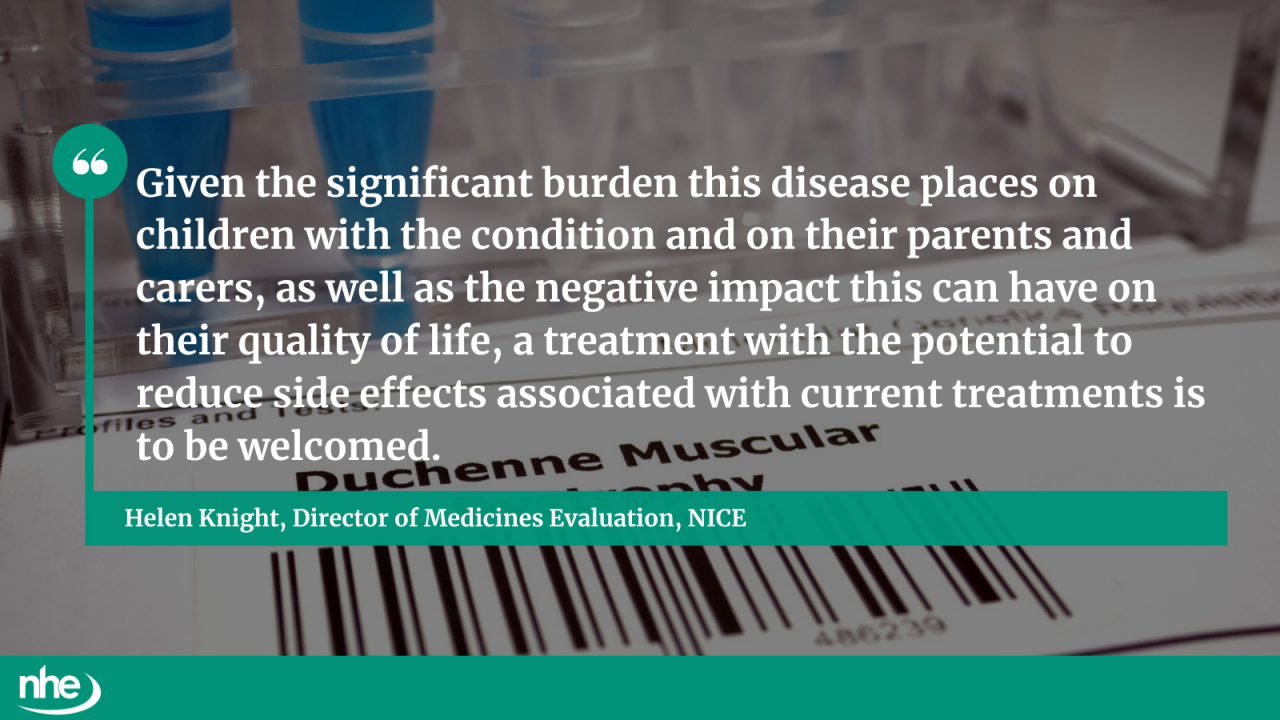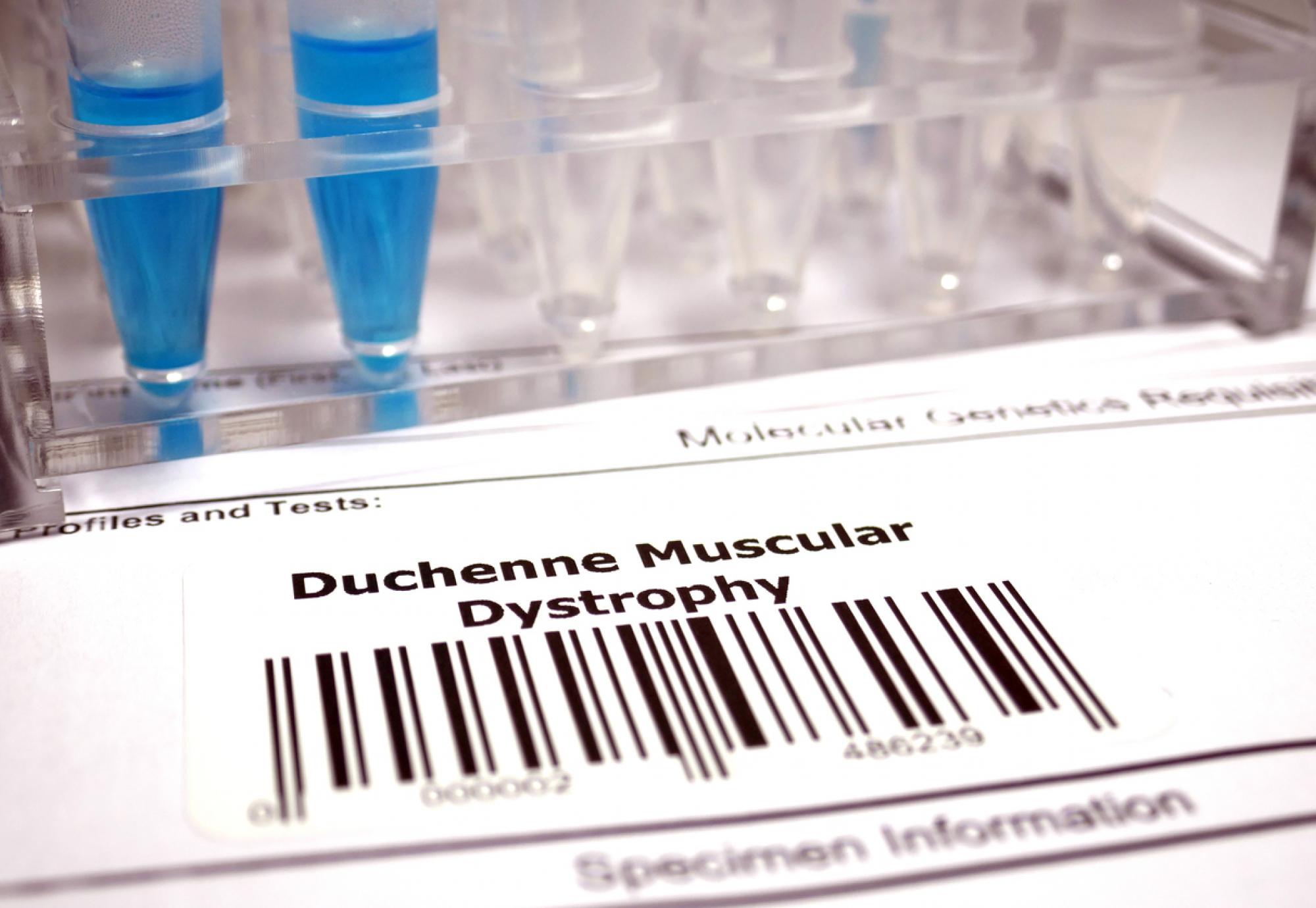In a significant development for the treatment of Duchenne muscular dystrophy (DMD), the National Institute for Health and Care Excellence (NICE) has recommended the use of vamorolone, a new corticosteroid alternative developed by Santhera Pharmaceuticals.
This decision follows a revised analysis and an improved discount on the drug's price, making it a cost-effective option for the NHS.
Vamorolone offers a promising alternative to traditional corticosteroids, which are commonly used to reduce muscle inflammation and maintain muscle strength in DMD patients. Unlike existing treatments, vamorolone has the potential to mitigate severe side effects such as osteoporosis, reduced bone strength, spinal fractures, weight gain, behavioural changes, growth restriction, and delayed puberty

.
Helen Knight, Director of Medicines Evaluation at NICE, highlighted the importance of this approval:
“The committee felt vamorolone could offer important benefits to patients and their families because of its potential to reduce adverse events associated with current steroid treatments.
“Given the significant burden this disease places on children with the condition and on their parents and carers, as well as the negative impact this can have on their quality of life, a treatment with the potential to reduce side effects associated with current treatments is to be welcomed.
“We’re therefore delighted the company has been able to work with us to enable vamorolone to be made available to people with DMD.”
NICE's initial draft guidance had raised concerns about the clinical evidence and economic model for vamorolone. However, new data and a better pricing agreement have addressed these uncertainties, allowing NICE to endorse the drug for patients aged four years and older.
Vamorolone's approval is also notable as it is one of the first treatments to benefit from NICE's new severity modifier. This modifier allows greater weight to be given to severe conditions like DMD, which previously did not qualify for additional weighting under the end-of-life criteria. The committee assigned a severity weight of 1.7 to reflect the serious nature of DMD, recognising the drug's potential to significantly improve patients' quality of life.
DMD is a severe, progressive muscle-wasting condition caused by the absence of dystrophin, a protein crucial for muscle cell integrity.
Symptoms typically appear around age three, with affected children often requiring wheelchairs by early adolescence and eventually needing artificial ventilation. Vamorolone's approval represents a critical advancement in managing this debilitating disease.
Image credit: iStock



















